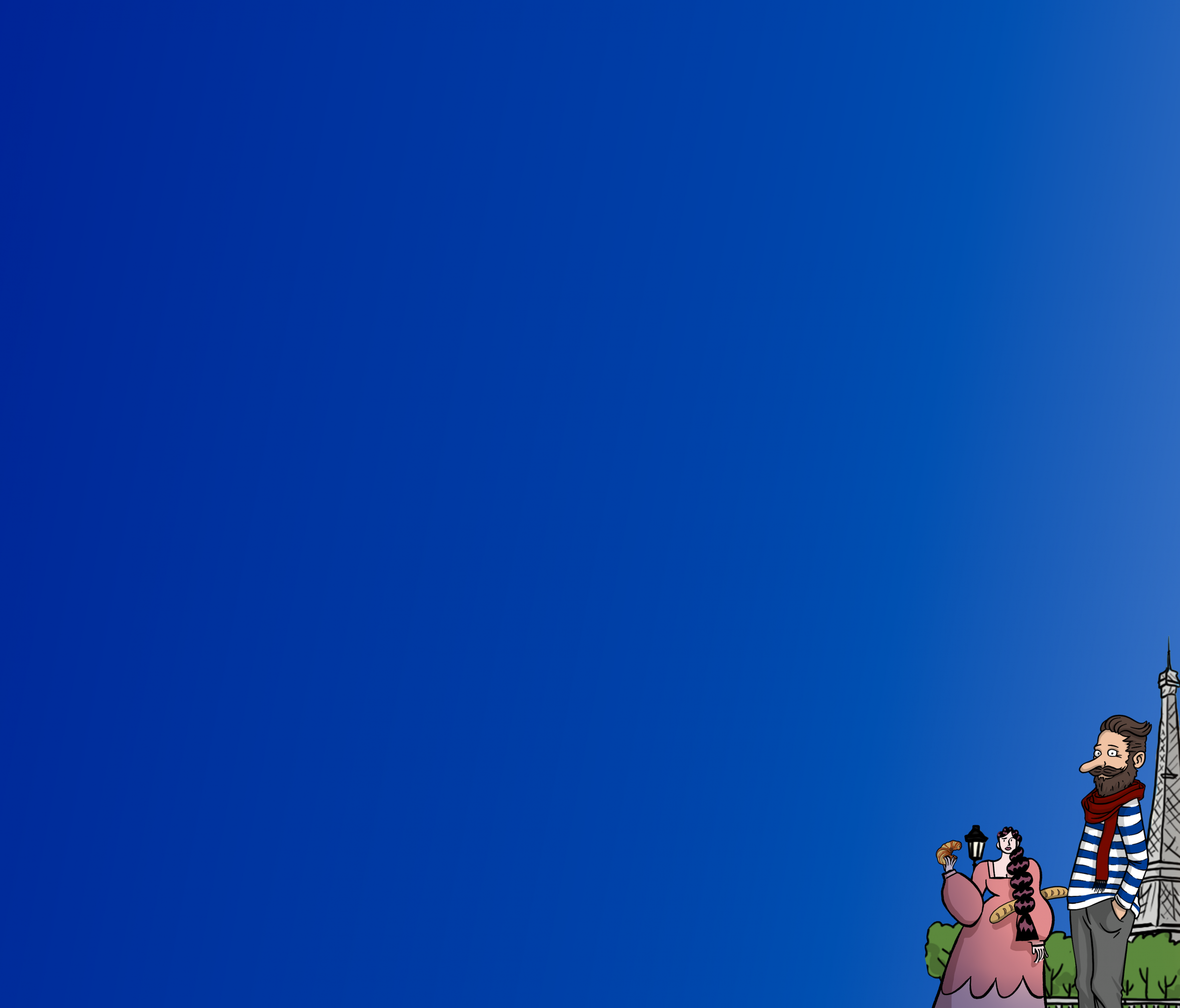The future perfect
The futur antérieur (the future perfect) is used to express a future action that precedes another future action.
Note: French uses the future perfect after conjunctions like quand and lorsque ('when') where English would use the present or past tenses.
Je vais manger puis je vais appeler Victor. → Quand j’aurai mangé, j’appellerai Victor. I'm going to eat then I'm going to call Victor. → When I have eaten, I will call Victor.
aller → nous serons allés aller, futur antérieur to go → we will have gone
pouvoir → tu auras pu pouvoir, futur antérieur to be able to → you will have been able to
se reposer → vous vous serez reposés se reposer, futur antérieur to rest → you will have rested
Still having trouble with 'The future perfect'? Master the rules of French grammar and improve your French level thanks to our online French lessons Frantastique. We're offering a 7-day free trial, so what are you waiting for?
What our users say:
Looking to improve French for beginners? Frantastique provides effective and fun training!
Tips for learning 'The future perfect'? Share them with us!

